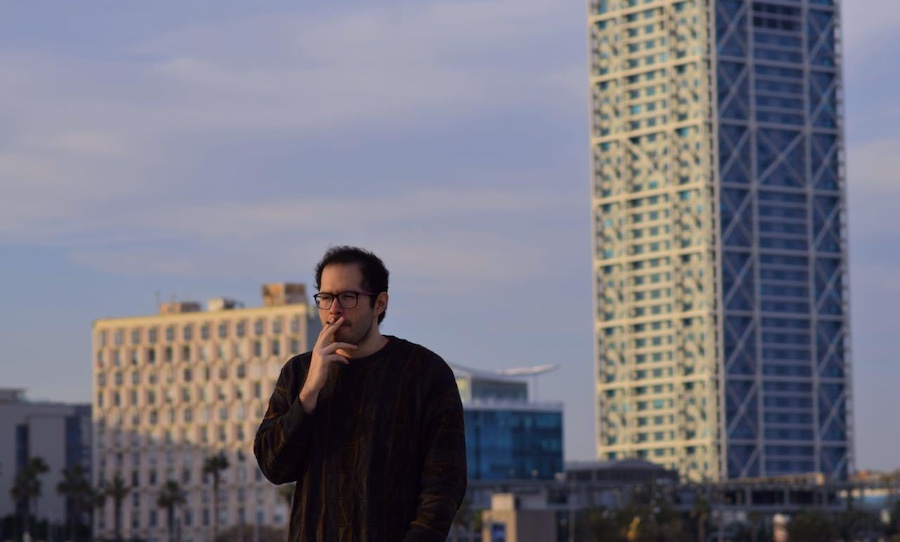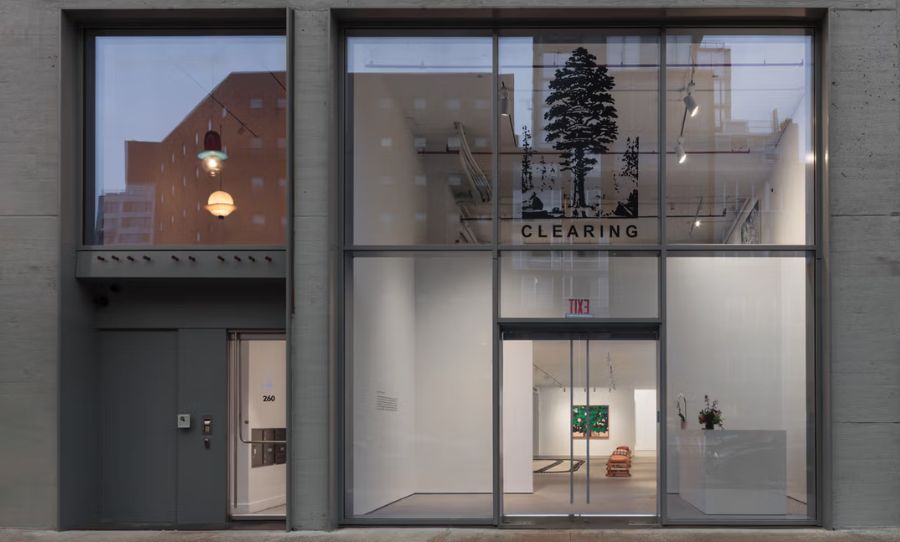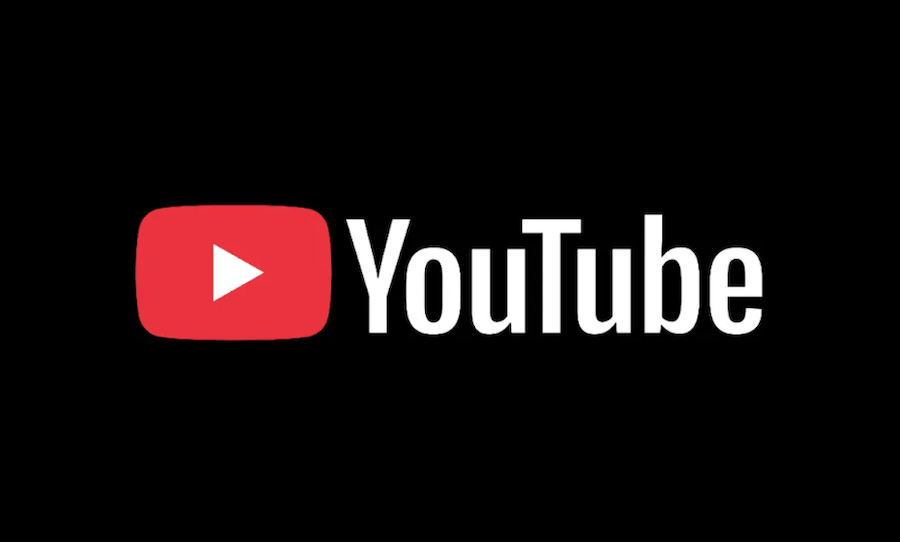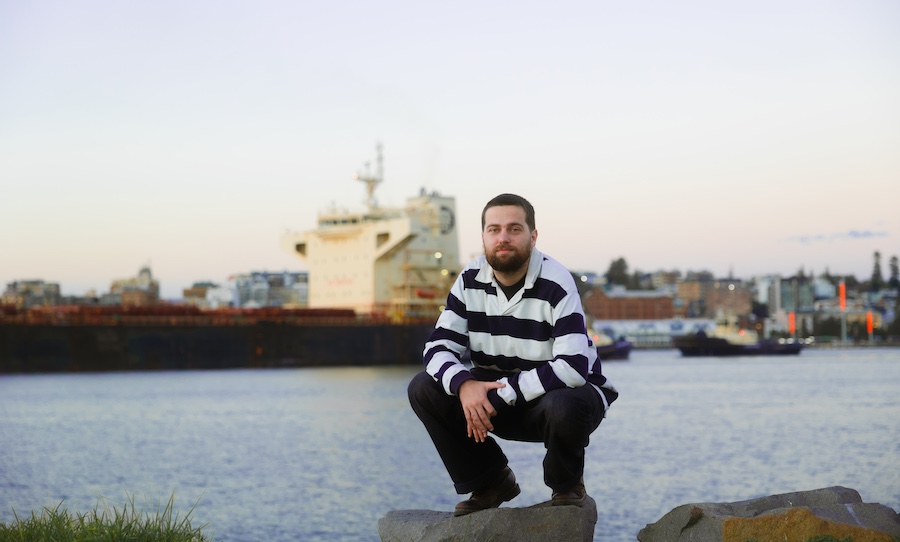A deep dive into mental health and the creative process by supermarius.
I often see creativity as a spark of divine inspiration—I guess I romanticised the idea as some people did in Greek mythology when they talked about “daemons” (in ancient Greek art and literature, “daemons” were considered guiding spirits).
But while I was writing songs for this album, I often found that the practice of writing was the best way to figure myself out and the feelings (good or bad) I had had up to that point, and from that, it allowed me to explore the idea of becoming a better person, or at least to be healthier mentally.
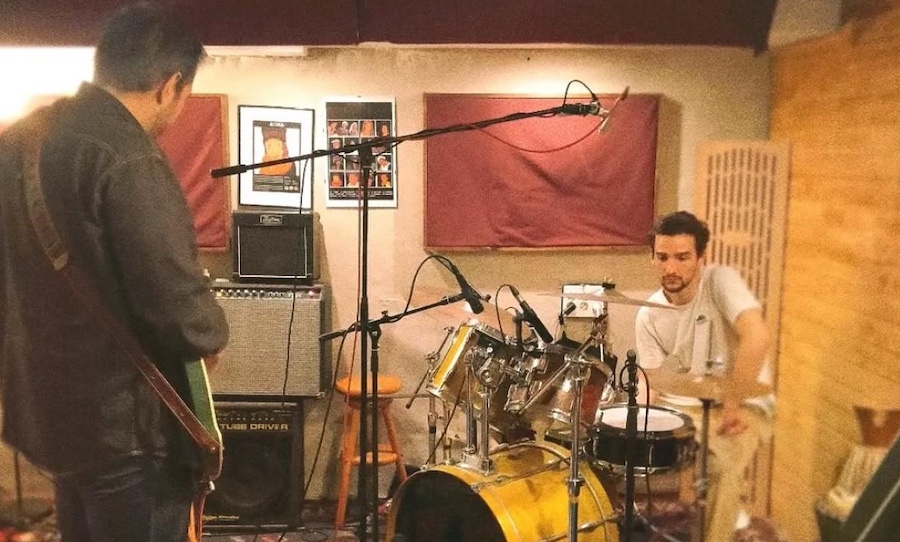
It felt like making music was not just about crafting sounds or lyrics—it’s about navigating internal worlds that are sometimes vibrant and expansive and other times chaotic or unclear. I guess, in a way, I was facing my “daemons”.
Back in 2019, I began to write about my feelings, mainly due to the feeling I had, that recently, key decisions in my life seemed to have been decided by someone else rather than myself.
Like an uncontrollable force had made me do them, and though they were painful, it certainly allowed me to grow as a person.
My debut album, “what is life?”, was born out of existential questions, many of them inspired by books from Camus and Yuval Noah Harari, but also from personal moments of uncertainty and introspection.
The process of writing and producing music forced me to confront my own inner dialogue: What am I trying to say? Why does this matter? Who am I doing this for? Who am I? At every step of the way, I felt I was getting to know myself more and more like I was uncovering a memory or a piece of me that allowed me to forgive myself.
I realised that all the pain I’ve accumulated was due to regret and lack of forgiveness towards myself and others.
In the end, it is a testimony to the life that I don’t want to live, to what happens when you dwell in the past about things that don’t affect your daily life, to staying connected to the ones you love and to the fact that we have been born in this reality, not the one we have created.
I realised there’s a strange dilemma in creativity: the more honest and raw you try to be in your work, the more exposed you can feel.
But that vulnerability is also where healing happens. In my case, music has been a form of therapy, an outlet that helps me process emotions I struggle to articulate otherwise.
I believe a lot of artists operate from that same space, turning inner chaos into shared catharsis.
I would like to say to any artist navigating their mental health while making art: give yourself grace and be open to face the uncomfortable.
View this post on Instagram
The pressure to constantly create or produce can destroy the joy that brought you here in the first place.
Mental health is not a separate chapter from the creative process, it’s at the centre of it. And while working alone in a home studio offers control and intimacy, it can also amplify isolation.
The isolation comes with challenges, mainly lots of self-doubt. Some days are for output, and others are just for being still, and that’s okay in the end; you’re doing this to know yourself more, which is the biggest gain of this process.
In the end, my hope is that the music I make resonates with people not just because of how it sounds, but because of how it feels.
However, I can say that I am very proud and happy with myself for being true to myself in writing about my real feelings.
If that can resonate with just one person, then that’s already worth it.
Hopefully, it can serve as companionship to someone else who’s trying to make sense of their own world, just as I am with mine.
